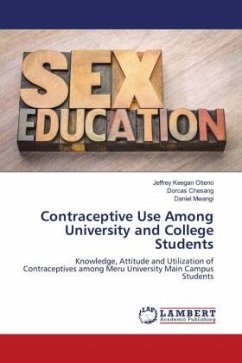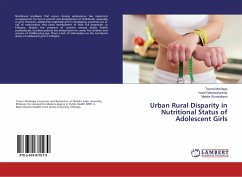When MDGs were conceived in 2002, their achievement did not seem too difficult, given the duration that had been provided for their achievement. However, as time went by, it became more apparent that their achievement in a developing country such as Kenya would be an uphill task. This is especially so in a rural setup like the River Njoro watershed where households rely on untreated surface water for their domestic use. The quality of this water at source is compromised by the activities carried out around the unprotected surface water sources and poor faecal disposal practices. At point of consumption, the quality is further compromised by poor hygiene and water storage practices. This translates to high childhood diarrhoeal diseases morbidity. Water, sanitation and hygiene interventions are seen to be effective in preventing the diarrhoeal diseases especially if coupled with interventions to improve socioeconomic status of the study households.
Bitte wählen Sie Ihr Anliegen aus.
Rechnungen
Retourenschein anfordern
Bestellstatus
Storno








